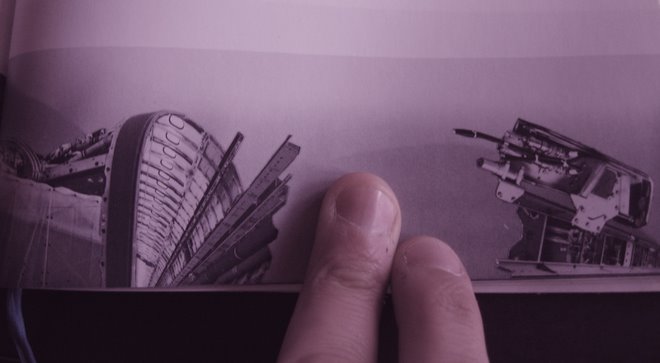Among other pursuits, I coach high school wrestling.
This past weekend was the sectional individual wrestling championship tournament, which serves as the culmination of an entire season for many members of the team.
In a room humid with evaporated sweat and echoing with the hoarse voices of thousands of screaming fans and participants of the massive spectacle of flash and flesh, there is little space remaining for profound observation. However, one thing that becomes readily apparent to even the casual observer is the fine line that exists between joy and sorrow, pride and pain, humanity and savagery.
It hardly takes more than one close match, pairing two nervous but motivated opponents squaring off against each other: one toils to push his opponent to the limit, to test his strengths and weaknesses, while in the process necessarily nearing his own brink of strength, control and sanity. Often in the course of such a match, these thresholds are passed, and unintended signs of madness, unbridled power, or bad judgment appear. Wounds are inflicted, dignities affronted, and well hidden latent character is highlighted.
Yet at the end of the match, these two young men, who've attempted to exorcise their own inner demons whilst doing small battle with a willing opponent, shake hands with their combatant (and often offering a voluntary embrace), before trotting across the mat to shake hands with coaches of the opposite corner.
With bruises, scratches, or blood adorning his physical self, he must now turn inward and face himself privately. Usually what pleasure or frustration he finds waiting there is not born from the final score at the end of the match, but instead is the result of his effort: Did he work as hard as he could have, given the circumstances of the match? Had he worked hard enough, and with enough focus, in his preparation for the match? Did he pair his physical effort with an appropriate, optimizing, mental effort?
The fact is, no matter the score, there is immense pleasure in hard work, particularly if it is self-elected. There are hundreds of explanations and elaborations upon this point, but rather than offering the matter up to Rilke, holy texts, Freud, or Foucault, I'll redirect this question toward a hale Dutchman, an amateur cyclist, the lucid author Tim Krabbé, The Rider (1978):
“The greater the suffering, the greater the pleasure. That is nature’s payback to riders for the homage they pay her by suffering. Velvet pillows, safari parks, sunglasses; people have become woolly mice. They still have bodies that can walk for five days and four nights through a desert of snow, without food, but they accept praise for having taken a one-hour bicycle ride. ‘Good for you’. Instead of expressing their gratitude for the rain by getting wet, people walk around with umbrellas. Nature is an old lady with few friends these days, and those who wish to make use of her charms, she rewards passionately.”
(The novel's paragraph is excerpted from text on the website of the world's premier luxe-retro cycling clothes purveyor, Rapha).


1 comment:
Thanks for the comment, I'm glad the weather at least helped the montage because it was pretty uncomfortable standing in the chilly rain.
This church is worth the trouble it takes to find if you have a chance to visit. I been told it's better in the summer when the sun casts a thin cross of direct sun along the interior.
ciao!
Post a Comment